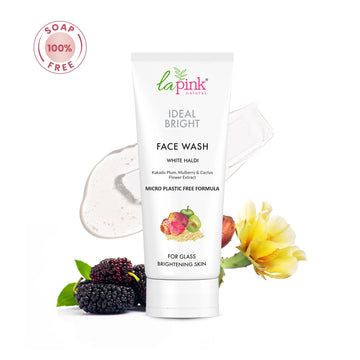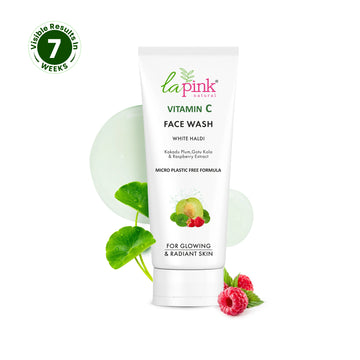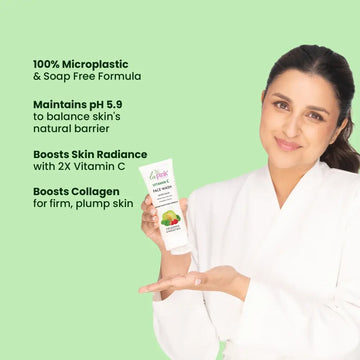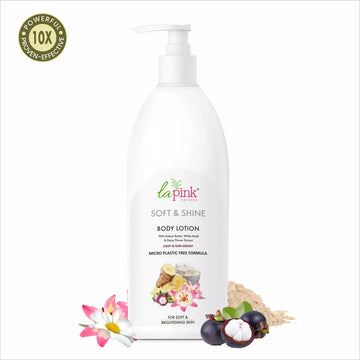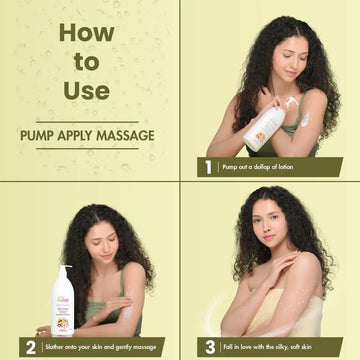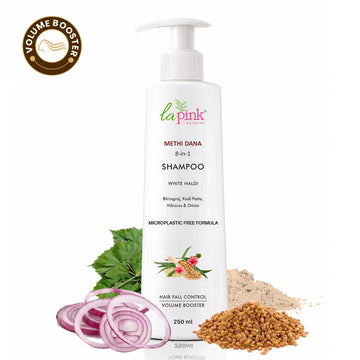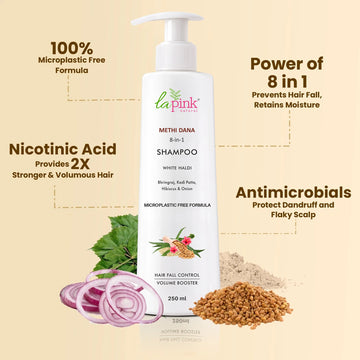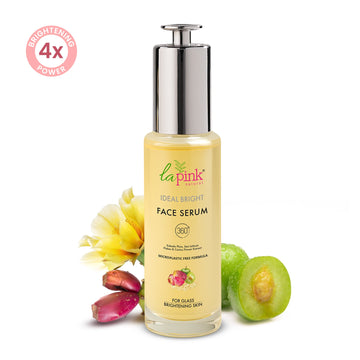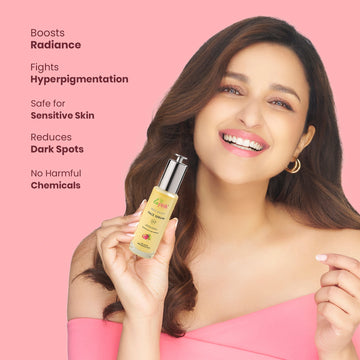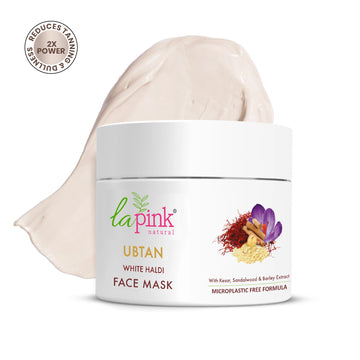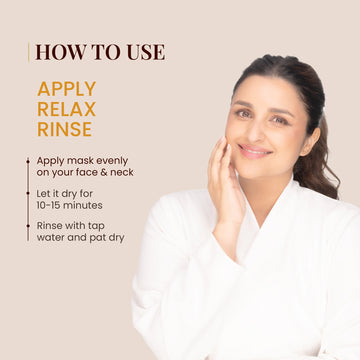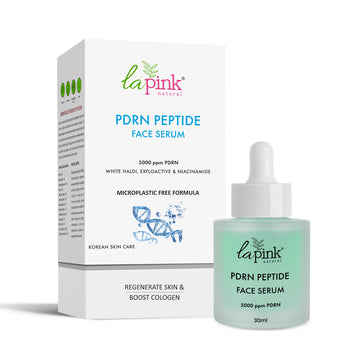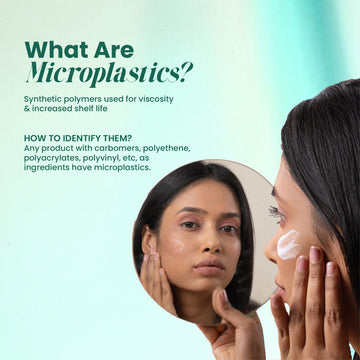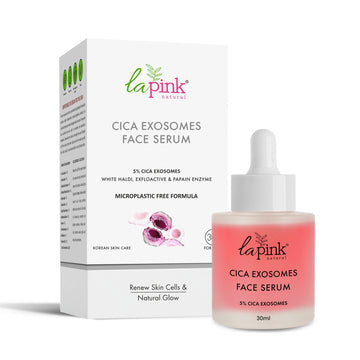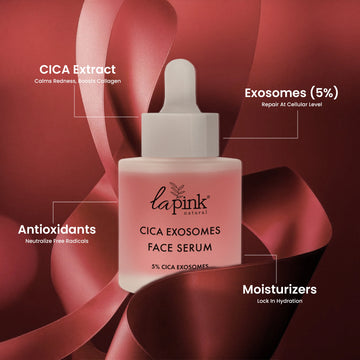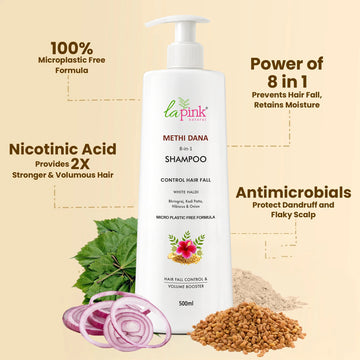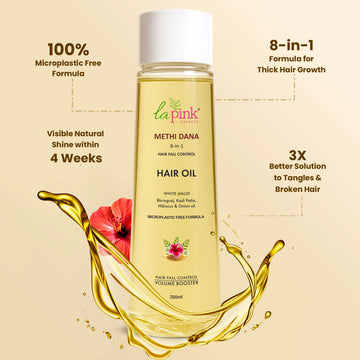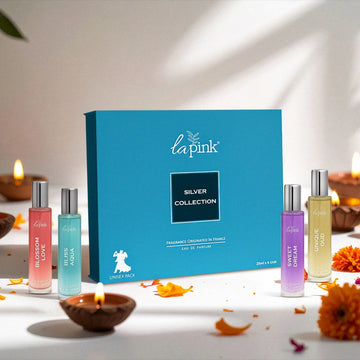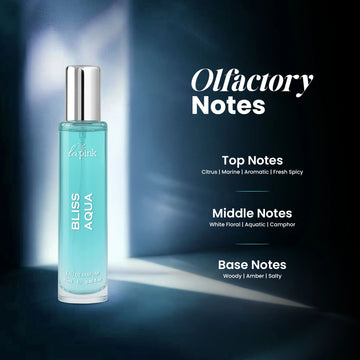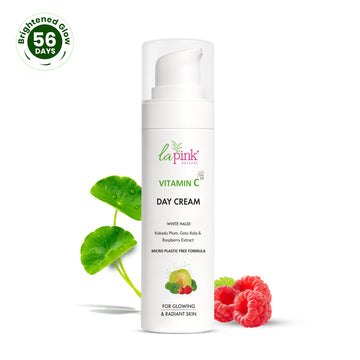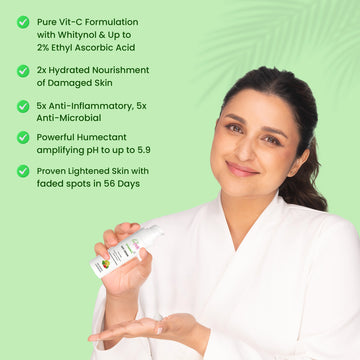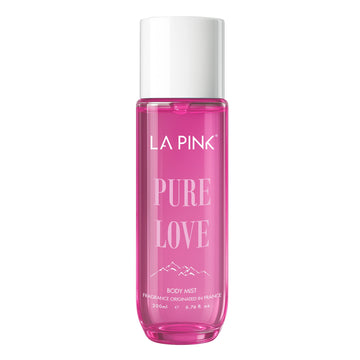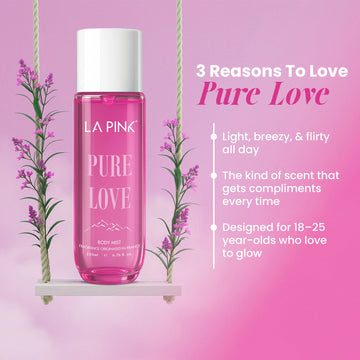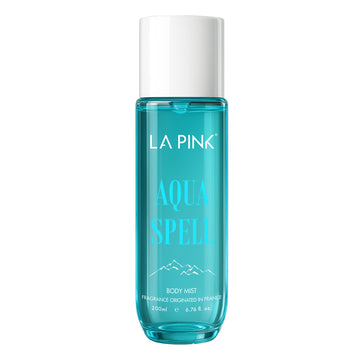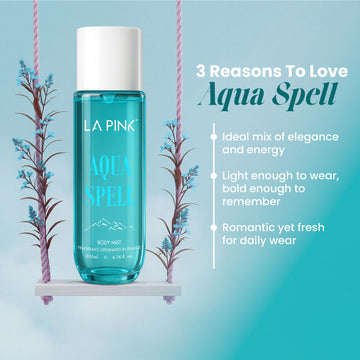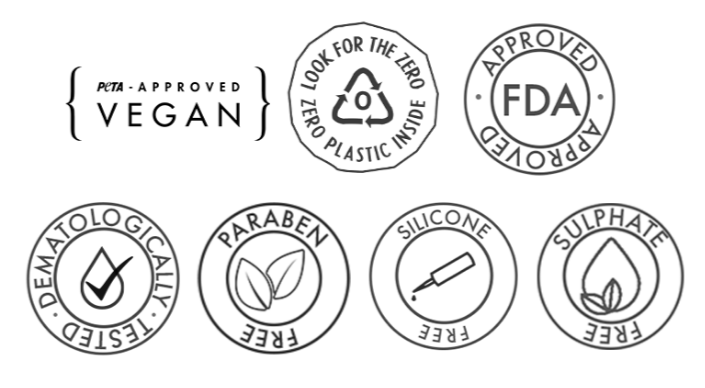Table of Contents
Introduction
Every day life involves exposure to the sun, whether you're running errands, commuting to work, or just spending time outside. Even though sunlight aids in the production of vital vitamin D, prolonged exposure to ultraviolet (UV) radiation without protection can result in major skin issues like pigmentation, sunburn, premature aging, and even skin cancer. Furthermore, the consequences of UV damage accumulate gradually without being noticed.
Using the best sunscreen for face is therefore essential to maintaining the long-term health and radiance of your skin. You can enjoy the outdoors while protecting your skin from damaging rays and maintaining a youthful, glowing complexion by wearing the proper sun protection.
The Risks of UV Exposure

Sunlight may feel warm and nice, but the invisible ultraviolet (UV) rays accompanying it can quietly harm your skin. UVA rays seep deep into the skin, deteriorating collagen and elastin, which causes premature aging, fine lines, wrinkles, and loose skin. UVB rays affect the outer layers, leading to sunburns, redness, and irritation of the skin.
The risk of developing skin cancer, including the most life-threatening type, melanoma, is perhaps the most concerning consequence of UV exposure. Applying the best sunscreen for face is not only a skincare step but also an important health habit.
Understanding Sunscreen: Spf 30 vs Spf 50
One frequently asked question when selecting the best sunscreen for the face is whether SPF 30 is sufficient or if SPF 50 provides noticeably better protection. SPF or Sun Protection Factor measures how well a sunscreen protects your skin from UVB rays, which are the main source of sunburn and chronic skin damage.
SPF 30 protects against approximately 97% of UVB rays, whereas SPF 50 protects against approximately 98%. Although the variation appears minute, it can make all the difference for users with sensitive skin, pigmentation issues, or those who are outside for long periods in direct sunlight. The secret to long-term skin health for anyone wishing to establish a strong skincare regimen is knowing the appropriate daily SPF for the face.
However, it's not just about the numbers when deciding between SPF 30 and SPF 50. Any sunscreen's efficiency is largely dependent on how liberally and regularly it is applied. To guarantee complete coverage, reapply your sunscreen every two to three hours, regardless of whether it is SPF 30 or SPF 50.
For average indoor days or minimal sun exposure, SPF 30 is fine as your everyday face SPF. However, for beach trips, outdoor play, or for shielding skin with melasma, use SPF 50. Either one, however, should provide broad-spectrum protection, suit your skin type, and be easy to apply into your daily skincare routine.
Top Sunscreens for sun protection

1. La Pink Vitamin C Sunscreen SPF 50 PA++++
Crafted with a 100% natural and microplastic-free formula, this La Pink Vitamin C Sunscreen provides broad-spectrum protection with SPF 50 PA++++, effectively protecting your skin from up to 98% of UVA and UVB rays. This unique 3-in-1 product (sun protection, hydration, anti-aging) is formulated with a fast-absorbing, gel-creme texture that leaves zero white cast.
Enriched with powerful natural ingredients like Kakadu Plum, Blueberry, Raspberry, White Haldi, and Chia Seeds, it also helps fight signs of aging, reduce hyperpigmentation, and prevent tanning. The inclusion of Hyaluronic Acid and Niacinamide ensures your skin remains deeply hydrated and plump. Beyond its sun-protective qualities, the sunscreen is designed to maintain a healthy skin pH of up to 5.9 and is suitable for all skin types, including sensitive and oily skin. The formula is free from harsh chemicals like SLS and parabens, making it a safe and gentle choice for daily use.
With its dual benefits of high-level sun protection and nourishing skincare ingredients, this sunscreen is an essential addition to any skincare routine, helping you achieve a radiant and protected complexion.
2. La Pink Ideal Bright Sunscreen SPF 50 PA++++ with 5% Niacinamide
This La Pink Ideal Bright Sunscreen is a special type of sunscreen that's made with a scientific formula. It's packed with 5% Niacinamide and natural ingredients like Cactus Flower and Grapefruit. This product does more than just protect you from the sun's UVA and UVB rays; it also helps to make your skin look brighter and reduces dark spots. It has a light, non-greasy, and sweatproof feel, so it soaks in quickly without leaving any white marks. This sunscreen also helps to deeply moisturize your skin, stops you from getting tanned, and makes your skin glow.
Thanks to ingredients like Niacinamide and Exfolactive EL, this sunscreen also works to improve your skin's health. It has been shown to make your skin more hydrated and strengthen its natural barrier. It can also make your complexion more radiant and smooth out your skin's texture. For those worried about aging, it helps to reduce fine lines and wrinkles.
3. Lakmé Sun Expert SPF 50 PA+++ Ultra Matte Lotion
This sunscreen, which has been a favorite for years, provides broad-spectrum protection and a matte, smooth finish. It is made for everyday outdoor use and is water-resistant. It is best for college students and office workers because the texture blends easily without leaving a white cast.
4. Biotique Bio Sandalwood 50+ SPF UVA/UVB Sunscreen
Enriched with sandalwood, saffron, and honey, this Ayurvedic sunscreen moisturizes while guarding your skin from the harmful effects of the sun. It is water-resistant and perfect for those who opt for natural, herb-based formulations. It is suitable for normal to dry skin and provides a light shine after application as well.
5. Mamaearth Ultra Light Indian Sunscreen SPF 50 PA+++
This sunscreen, which is especially designed for Indian skin and climate, is made with turmeric and carrot seed oil. It provides good defense against UVA and UVB rays and is non-sticky and lightweight. The formula is a favorite for daily use because it is paraben-free and safe for sensitive skin.
FAQs
1. How often should I reapply sunscreen?
Every 2-3 hours, especially after sweating or washing your face.
2. Can I use sunscreen indoors?
Yes, UV rays can penetrate windows, so daily indoor use is recommended.
3. What SPF is best for daily use?
SPF 30 or higher is ideal as a daily SPF for the face.
4. Does sunscreen prevent tanning?
It reduces tanning but may not block it completely with prolonged sun exposure.
5. Can oily skin use sunscreen?
Yes, choose a lightweight, non-comedogenic sunscreen like a gel or fluid formula.
Conclusion
To summarize, selecting the appropriate sunscreen is crucial for shielding your skin from damaging UV rays, delaying premature aging, and preserving a radiant appearance. Using the best sunscreen for face regularly can have a significant impact on the long-term health of your skin. Make sunscreen a daily skincare necessity and don't neglect this important step.



